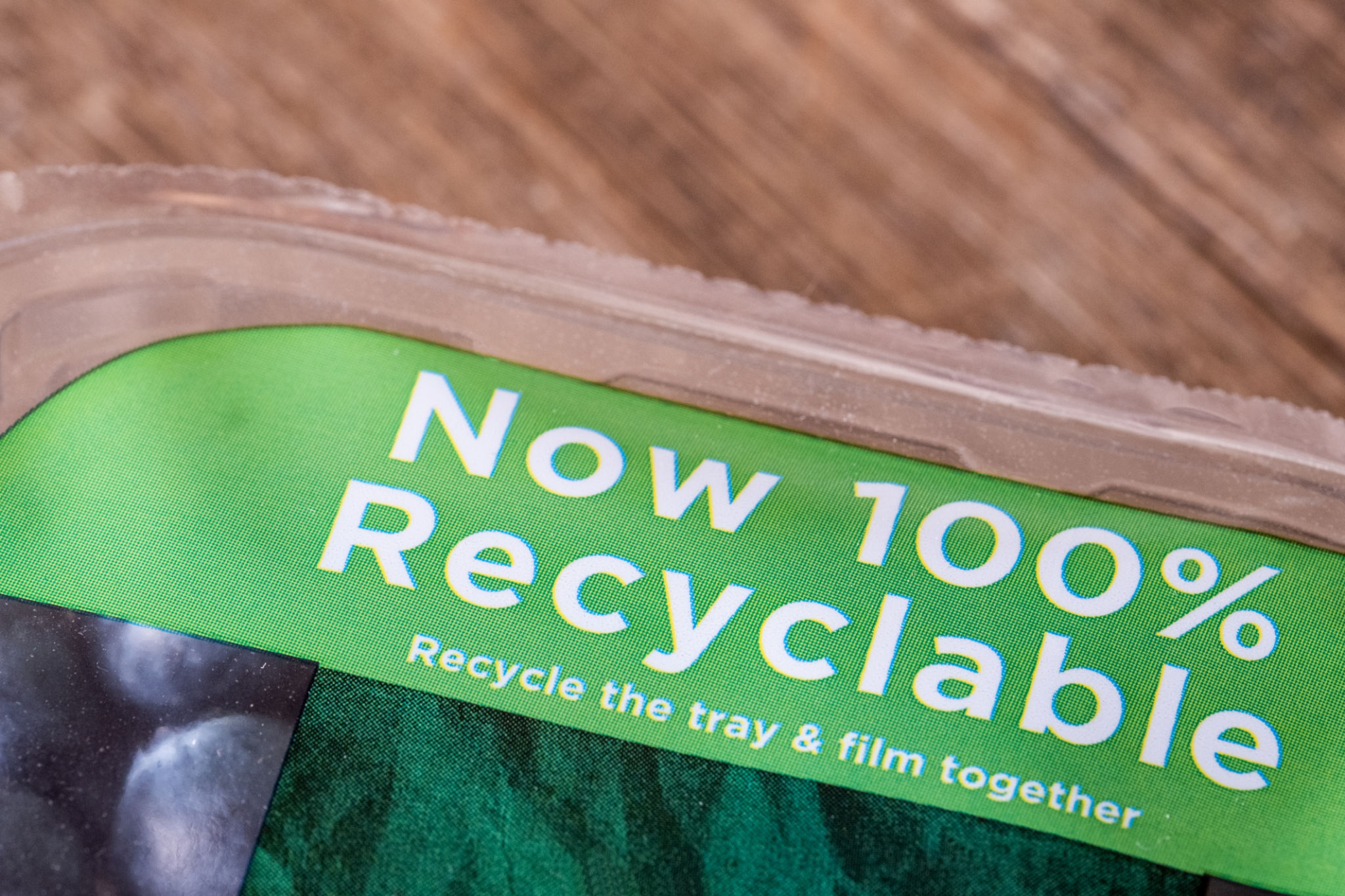Sustainable Packaging in Miami: From Concept to Fulfillment
Understanding Sustainable Packaging
In recent years, the demand for sustainable packaging has surged, with consumers and companies alike seeking eco-friendly solutions. In Miami, this movement is more than just a trend—it's becoming a core part of the city's business ethos. Sustainable packaging refers to using materials and processes that have minimal environmental impacts, aiming to reduce waste and carbon footprints.
Adopting sustainable packaging involves both innovation and commitment. Businesses in Miami are increasingly integrating these practices into their operations, driven by both regulatory measures and consumer expectations. The journey from concept to fulfillment in sustainable packaging involves several critical stages.

The Conceptual Stage: Designing for Sustainability
The first step in sustainable packaging involves the conceptual design stage. Here, companies must evaluate their current packaging practices and identify areas for improvement. This may include selecting biodegradable materials or redesigning packages to use less material overall.
Miami businesses are harnessing the power of technology to create innovative designs that prioritize sustainability without compromising functionality or aesthetic appeal. This stage often includes collaboration with environmental experts to ensure that every aspect of the package is eco-friendly.
Choosing the Right Materials
Material selection is crucial in sustainable packaging. Companies must choose materials that are not only environmentally friendly but also suitable for protecting products. Options like recyclable plastics, biodegradable polymers, and even organic materials like bamboo are becoming popular in Miami's packaging industry.

Production: Bringing Designs to Life
Once a sustainable design is finalized, the next step is production. This phase involves manufacturing the packaging materials and assembling them into the final product. In Miami, many companies are using energy-efficient manufacturing processes to further reduce their environmental impact.
Production facilities are incorporating renewable energy sources and implementing waste reduction strategies to ensure sustainability is maintained throughout the manufacturing process. This commitment to green manufacturing is helping businesses meet both local and global environmental standards.
Local Partnerships and Collaborations
To streamline sustainable production, many Miami-based companies are forming partnerships with local suppliers and manufacturers committed to eco-friendly practices. These collaborations not only bolster the local economy but also ensure a reduced carbon footprint due to shorter transportation distances.

Fulfillment: Delivering Sustainable Solutions
The final stage in sustainable packaging is fulfillment, where products are packaged and distributed to consumers. In Miami, companies are adopting sustainable fulfillment practices such as using carbon-neutral shipping options and implementing efficient logistics strategies to minimize emissions.
Consumer education also plays a vital role in fulfillment. Companies are providing information on how consumers can recycle or reuse packaging, further promoting sustainability beyond the point of sale. This holistic approach ensures that sustainability is maintained throughout the product's lifecycle.
The Role of Consumer Engagement
Engaging consumers in the sustainability journey is critical for long-term success. Businesses in Miami are leveraging digital platforms to share their sustainability stories, educate consumers, and encourage eco-friendly practices. This engagement not only enhances brand loyalty but also fosters a community dedicated to environmental conservation.

